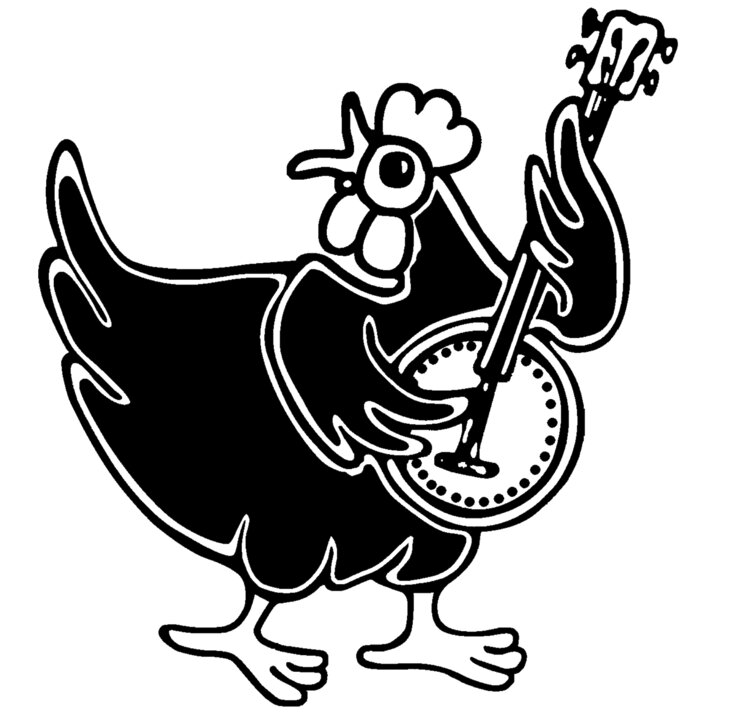As mentioned in FabricationsHQ's review of Steve Dawson’s previous album Gone, Long Gone, released earlier in the year, the Nashville based singer-songwriter & producer (among many other skills) is making up for lost solo recording time.
Not only was Gone, Long Gone the acclaimed Canadian musician’s first studio album since 2016 (there was also the live off the floor acoustic album Lucky Hand in 2018) it was the first of three Steve Dawson albums that will grace the roots-based musical world of 2022 (such was the plethora of songs written and created by Dawson during the Covid pandemic and related lockdowns).
But this is no trilogy – each album has very much its own identity and musical raison d'etre.
Where Gone, Long Gone was a roots based folk & blues album that tapped into other Steve Dawson loves and influences, including Hawaiian music, second 2022 offering Phantom Threshold is a wholly instrumental album that features Dawson’s delightful, lazy (in a good, laid back way) and deeply immersive pedal steel as the featured/ lead instrument.
Indeed Phantom Threshold is more of a sequel – or broader scoped extension – to Telescope, Steve’s Dawson’s pedal steel-based instrumental album of 2008.
Proof of that Telescopic connection comes from the core band on Phantom Threshold being credited as Steve Dawson & The Telescope 3 (Dawson - pedal steel/ various guitars; Jeremy Holmes - bass; Chris Gestrin - various keyboards; Jay Bellerose - drums/ percussion).
And, like Gone, Long Gone, it’s a more expansive and textured album than one may expect.
There are a multitude of different keyboard instruments that add colour, including Wurlitzer, moog, pump organ, mellotron and marxophone (a kind of fretless zither played with hammers) along with some dreamy/ trippy passages and little splashes of psychedelia – for the latter look no further than opener 'Cozy Corner,' best described as country (& western) meets Pink Floyd (Daniel Lapp also adds some subtle violin on the number).
Solo pedal steel vignette piece 'Burnt End,' slow country blues 'Lily’s Resistor' and woozy & waltzy 'Twig Bucket' (where electric guitar acts as the dovetailing partner to the pedal steel) are three of the more traditional roots-country moments, but truth be told each of the eleven tracks has its own character, and charm.
Take for example the roots-funky 'Ol’ Brushy,' with its jazz shimmer, or the folksy and bluesy title track, which features Fats Kaplin on banjo and fiddle.
Kaplin, on accordion, also features on 'The Waters Rise,' a Steve Dawson co-write with Kaplin that sounds like it was written a century ago when the featured National Tricone guitar was invented.
And then there’s the pump organ, peal steel and Hammond led arrangement of The Beach Boys 'You Still Believe In Me,' which is as instrumentally lyrical as the Brian Wilson voiced original.
'Whirlwind,' the second and final solo number of the album, features Steve Dawson flexing his fingers on a Weissenborn guitar with paper taped across the strings; the results are a subtly muted, but very warm sound. (While the album was recorded remotely, there’s a discernible analogue warmth throughout – vintage tube amps also played their part in the recording process).
It’s not every album where you can create soundscapes that conjure musical images of the likes of Ry Cooder and Pink Floyd (and seamlessly blend them together), or make The Beach Boys work in an instrumental roots setting.
But then Steve Dawson is a musician and songwriter who has long since crossed the threshold (phantom or otherwise), of what roots music can be.
